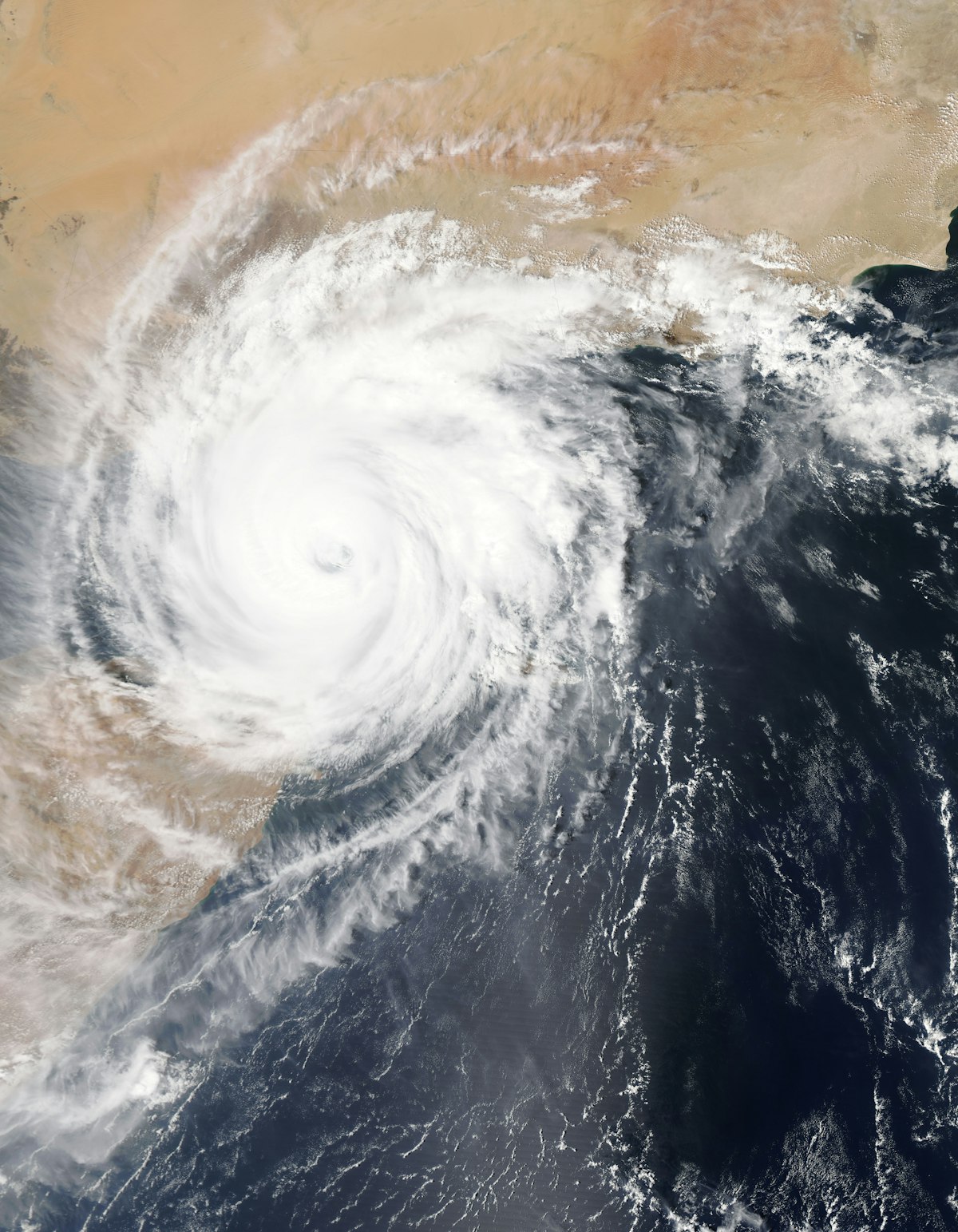Meteorologist Jobs
Are you ready for a career change that will sweep you off your feet? If you're an IT professional with a passion for weather, it's time to bring your career forecast to new heights. In today's technology-driven world, a background in IT or software engineering can propel you into the fascinating field of meteorology. Let's explore how you can successfully transition from IT to a weather career, and how your unique skills can make a splash in this exciting field.
How IT Experience Can Be Used in a Weather Career
IT professionals possess a treasure trove of skills that are highly transferable to a career in meteorology. The ability to analyze and interpret data, for example, is crucial in both fields. Weather prediction relies on the collection and examination of vast amounts of data, and your experience in data analysis will be invaluable in weather forecasting.
Furthermore, your knowledge of computer systems and programming languages can help you design, develop, and maintain the software that meteorologists rely on daily. Weather models and simulations are constantly evolving, and your IT expertise will be instrumental in keeping these systems up-to-date and accurate.
How a Software Engineering Background Elevates Your Weather Career
A software engineering background can take your meteorology career to even greater heights. With a foundation in coding, algorithms, and software design, you'll be well-equipped to create innovative solutions for weather prediction and climate modeling. Imagine developing a cutting-edge weather app that revolutionizes how people stay informed and plan their day. Or, picture yourself contributing to groundbreaking climate research that helps mitigate the effects of climate change. The possibilities are as vast as the sky itself.
Steps to a Successful Transition
Ready to embark on this thrilling journey? Follow these steps to ensure a smooth transition from IT to a weather career:
Educate Yourself: Dive into the world of meteorology by enrolling in relevant courses or pursuing a degree in meteorology or atmospheric sciences. Online resources, workshops, and conferences can also help you expand your knowledge and stay up-to-date on industry trends.
Network, Network, Network: Join professional organizations and attend meteorology conferences to meet experts in the field, learn about job opportunities, and showcase your IT skills. Don't forget to check out job boards like jobs.triplepointpodcast.com for the latest openings.
Gain Experience: Volunteer or intern with local weather stations, government agencies, or research institutions to gain hands-on experience in the field. This will not only build your resume but also help you make valuable connections.
Showcase Your Skills: Highlight your unique IT and software engineering skills on your resume and during interviews. Emphasize how these skills can enhance weather prediction accuracy, improve software and models, and contribute to the field's overall advancement.
Stay Motivated: Transitioning careers can be challenging, but don't let setbacks dampen your enthusiasm. Remain persistent, keep learning, and stay engaged with the meteorology community.
Conclusion
Are you ready to chase your dreams and become a meteorologist? Armed with your IT or software engineering background, you're set to make a powerful impact in the world of weather. Embrace the adventure, and let your passion guide you toward a fulfilling and dynamic career in meteorology. And remember, when the winds of change blow, you can always find your next opportunity on The Triple Point Jobs platform.
